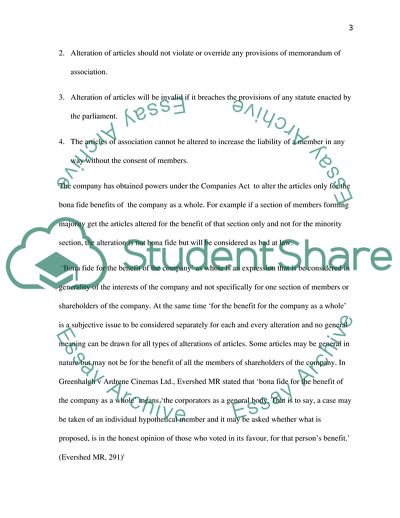Cite this document
(Principles of Company Law Case Study Example | Topics and Well Written Essays - 2000 words, n.d.)
Principles of Company Law Case Study Example | Topics and Well Written Essays - 2000 words. Retrieved from https://studentshare.org/law/1720229-law-business-and-organisations
Principles of Company Law Case Study Example | Topics and Well Written Essays - 2000 words. Retrieved from https://studentshare.org/law/1720229-law-business-and-organisations
(Principles of Company Law Case Study Example | Topics and Well Written Essays - 2000 Words)
Principles of Company Law Case Study Example | Topics and Well Written Essays - 2000 Words. https://studentshare.org/law/1720229-law-business-and-organisations.
Principles of Company Law Case Study Example | Topics and Well Written Essays - 2000 Words. https://studentshare.org/law/1720229-law-business-and-organisations.
“Principles of Company Law Case Study Example | Topics and Well Written Essays - 2000 Words”. https://studentshare.org/law/1720229-law-business-and-organisations.


